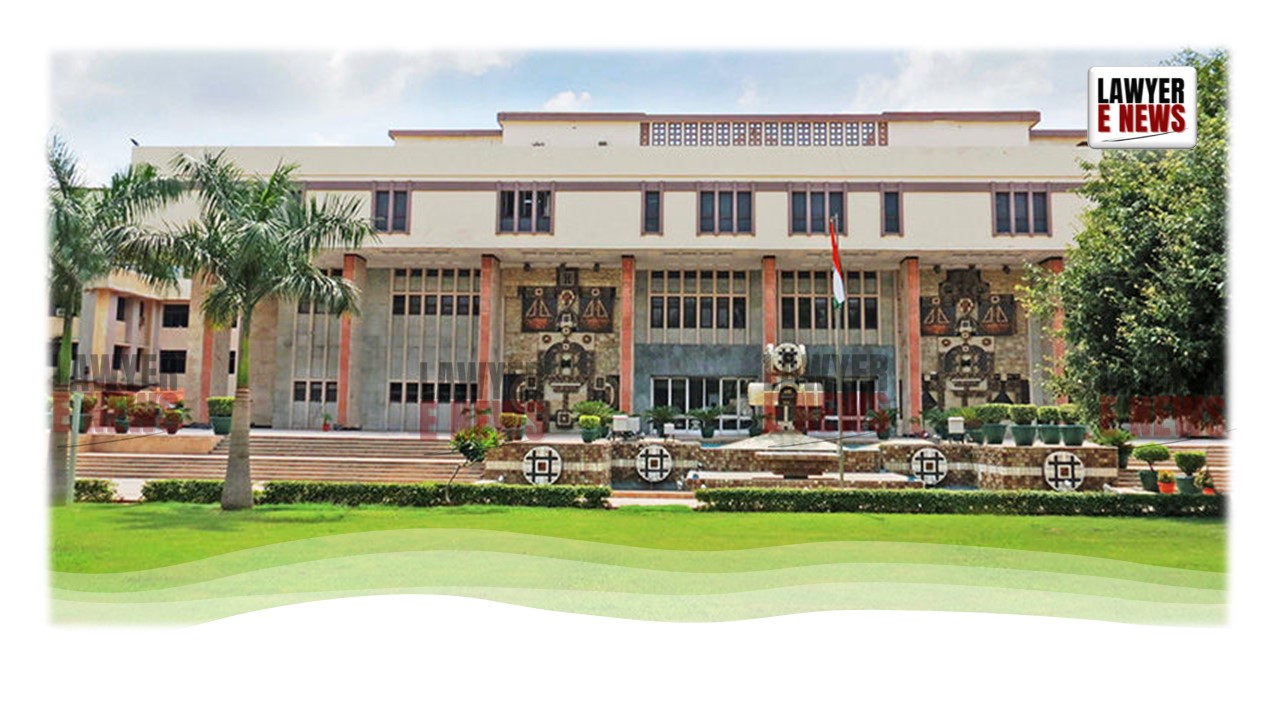-
by Admin
15 February 2026 2:36 AM



Delhi High Court overturned a trial court's order dismissing a recovery suit at the threshold. The High Court held that the rejection of a plaint under Order VII Rule 11 of the Code of Civil Procedure (CPC), 1908, requires strict adherence to the grounds specified in the rule and cannot be based on technical objections without examining substantive issues through evidence.
The appellant, Rehau Polymers Pvt. Ltd., had entered into an agreement with the respondent, Mantralaya Impex Pvt. Ltd., in 2009 for processing uPVC window sections. The appellant alleged that the respondent breached the agreement by procuring materials from other suppliers. In 2015, the appellant filed a recovery suit in Pune, which was withdrawn with liberty to file a fresh suit in a court with proper jurisdiction.
In 2018, the appellant filed a new suit in Delhi, including additional parties (Respondents Nos. 2–5), alleging that they were interconnected and jointly liable. The trial court rejected the plaint under Order VII Rule 11 of the CPC, holding that the inclusion of new parties and amendments to the plaint violated the scope of the liberty granted by the Pune court.
The High Court reiterated that the power to reject a plaint is drastic and should only be exercised if the grounds specified in Order VII Rule 11 are strictly met. The Court emphasized that procedural defects must not overshadow substantive justice.
The Court held that liberty to file a fresh suit under Order XXIII Rule 1(3) permits amendments necessary to address procedural defects. The appellant’s inclusion of additional parties was justified to avoid multiplicity of proceedings and did not alter the fundamental nature of the suit.
The Court dismissed the respondents' argument that the suit was barred under Order II Rule 2 of the CPC, noting that the Pune court had explicitly granted liberty to file a fresh suit.
The Court found sufficient evidence of interconnection among the respondents, including shared ownership and operational overlaps. This justified the inclusion of additional parties in the Delhi suit.
Justice Tara Vitasta Ganju noted:
"The rejection of a plaint at the threshold deprives the plaintiff of the opportunity to substantiate claims through evidence. Such dismissal must be based on clear and undeniable grounds established in law."
The Court emphasized that:
"The addition of parties to the suit was necessary to address the interconnected nature of the respondents, and did not constitute a violation of procedural rules or change the fundamental subject matter of the suit."
The High Court set aside the trial court's order and directed the parties to appear before the District Judge on January 21, 2025. The District Judge was instructed to examine whether the case should be tried as a commercial dispute under the Commercial Courts Act, 2015.
This judgment underscores the judiciary's responsibility to prioritize substantive justice over procedural technicalities. It clarifies the scope of Order VII Rule 11 and Order XXIII Rule 1(3), ensuring that parties are not deprived of their right to a fair trial due to procedural objections.
Date of Decision: January 7, 2025
